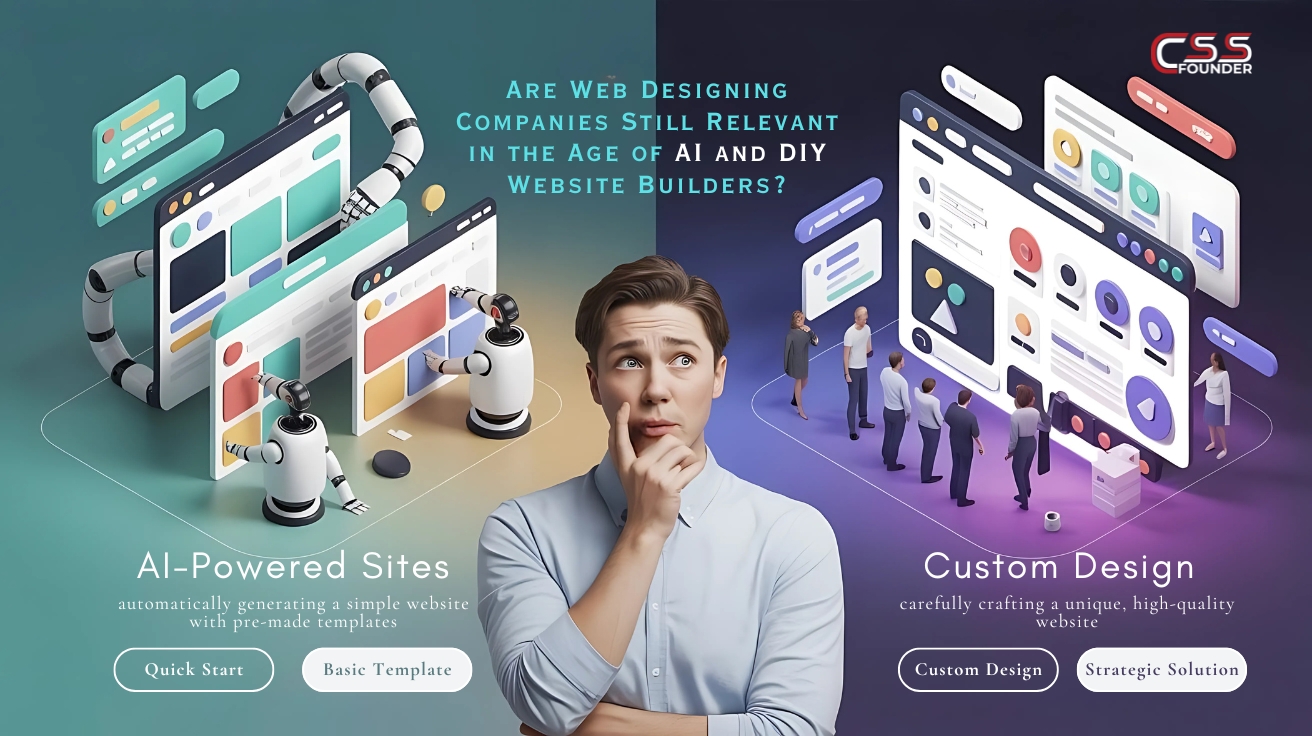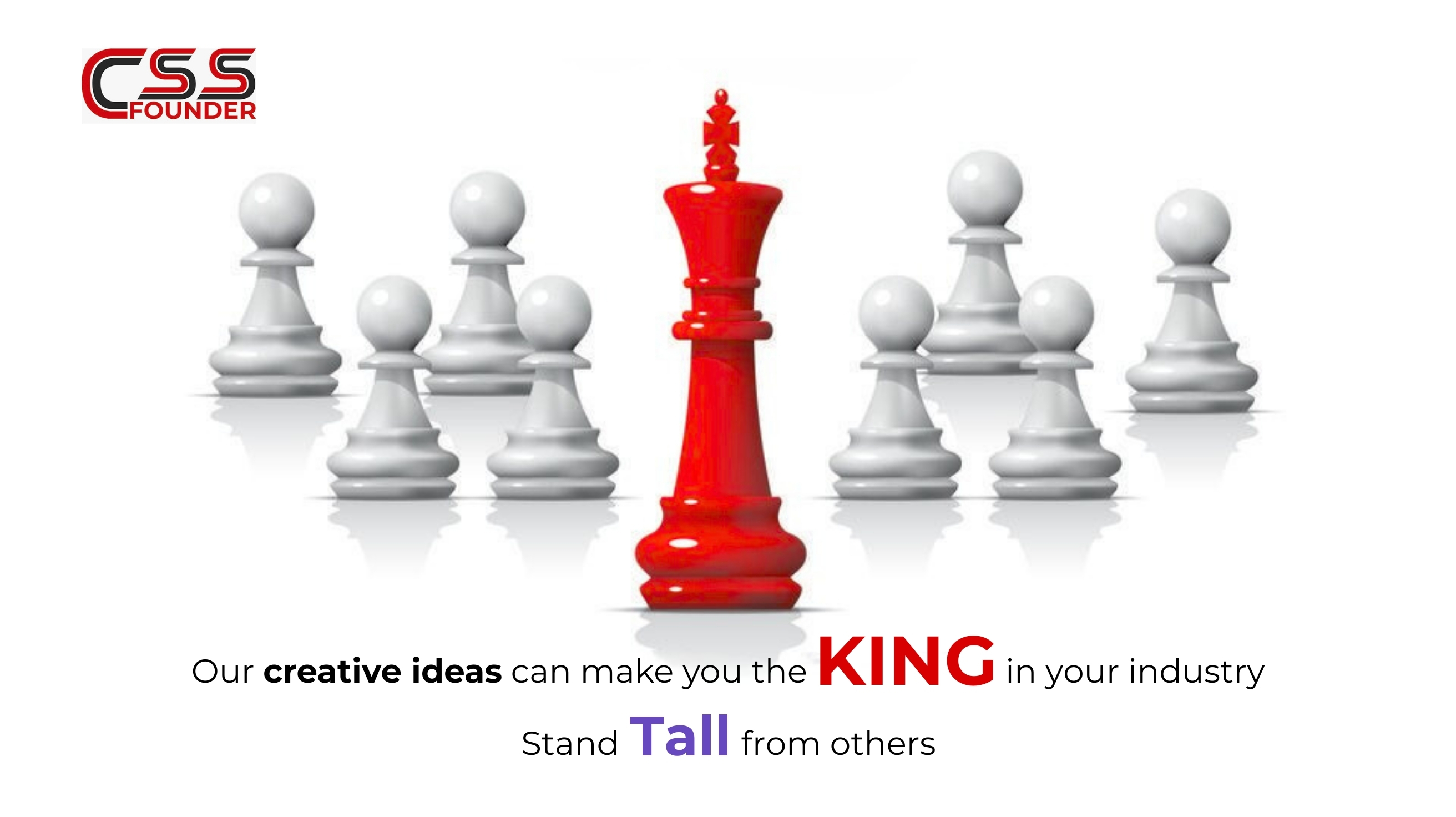In the ever-evolving world of web development, two prominent approaches have gained significant traction: Content Management Systems (CMS) and Frameworks. While both serve the purpose of building websites and web applications, they differ in their core functionalities, underlying architectures, and suitability for various project requirements. In this article, we’ll explore the strengths and limitations of CMS Vs Framework approach, helping you determine which one aligns best with your web development goals.
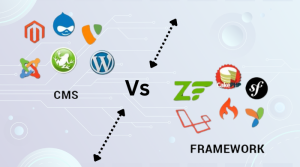
Content Management Systems (CMS)
A Content Management System (CMS) is a software application designed to simplify the creation, management, and modification of digital content. CMSs are primarily used for building websites and blogs, enabling users with varying technical expertise to create, edit, and publish content without delving into the intricacies of coding.
Popular examples of CMSs include WordPress, Joomla, Drupal, and Magento (for e-commerce). These platforms offer user-friendly interfaces, pre-built templates, and a vast ecosystem of plugins and extensions that extend their functionality.
Advantages of Using a CMS:
- Ease of Use: CMSs provide a user-friendly interface, making it easier for non-technical users to manage website content.
- Content-Focused: CMSs are designed specifically for content management, making them ideal for websites and blogs that prioritize content creation and delivery.
- Extensibility: Many CMSs offer a wide range of plugins and extensions that can enhance functionality, from e-commerce capabilities to social media integration.
- Rapid Development: With pre-built templates and tools, CMSs enable faster website development compared to building from scratch.
Limitations of CMSs:
- Limited Customization: While CMSs offer plugins and themes, extensive customization may require substantial coding or compromises in design and functionality.
- Performance Issues: As CMSs become more feature-rich, their performance can degrade, especially for large or complex websites.
- Security Concerns: Popular CMSs can be targets for hackers, requiring regular updates and security patches.
Frameworks
A web development framework is a collection of pre-written code, libraries, and tools that provide a structured environment for building web applications. Frameworks offer a solid foundation and a set of conventions that developers can leverage to streamline the development process.
Popular examples of web development frameworks include React, Angular, Vue.js (for front-end development), Django, Ruby on Rails, and Laravel (for back-end development).
Advantages of Using Frameworks:
- Increased Productivity: Frameworks provide a solid foundation and a set of conventions, reducing the need to reinvent the wheel and allowing developers to focus on building application-specific features.
- Scalability and Performance: Many frameworks are designed with scalability and performance in mind, enabling the development of large-scale, high-performance applications.
- Community Support: Popular frameworks often have active communities that contribute to their development, provide documentation, and offer support.
- Consistency and Maintainability: Frameworks promote consistent coding practices and architectural patterns, making it easier to maintain and scale applications over time.
Limitations of Frameworks:
- Steep Learning Curve: Frameworks often require a significant learning curve, especially for developers new to the framework’s conventions and patterns.
- Vendor Lock-in: Adopting a specific framework can lead to vendor lock-in, making it difficult to switch to alternative solutions in the future.
- Potential Overhead: Frameworks can introduce overhead in terms of file size and performance, especially if not optimized or used efficiently.
- Limited Flexibility: While frameworks provide structure and conventions, they may also impose constraints on how applications are built, potentially limiting flexibility in certain scenarios.
Choosing Between CMS and Frameworks
The preference among a CMS and a framework in the end relies upon at the unique necessities of your concern project.
- Choose a CMS if:
- Your primary focus is on content creation and management (e.g., blogs, news websites, corporate websites).
- You need a user-friendly interface for non-technical users to manage content.
- You require a quick setup and deployment process.
- Your project has limited customization requirements or can be achieved through available plugins or extensions.
- Choose a Framework if:
- You’re building a complex web application with advanced functionality and custom features.
- Performance and scalability are critical requirements for your project.
- You have a team of experienced developers familiar with the framework’s conventions and patterns.
- Your project requires a high degree of customization and flexibility.
- You prioritize long-term maintainability and scalability over rapid initial development.
It’s important to note that the decision between a CMS and a framework is not always an either-or scenario. In some cases, a hybrid approach can be adopted, where a CMS is used for content management, while a framework is integrated for building custom features or handling complex application logic.
Ultimately, the choice between a CMS and a framework should be driven by a thorough understanding of your project requirements, available resources, and the specific strengths and limitations of each approach. By carefully evaluating your needs and aligning them with the appropriate solution, you can ensure a successful and efficient web development process.
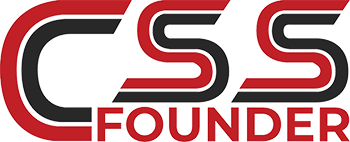

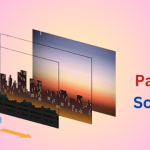


.png)
